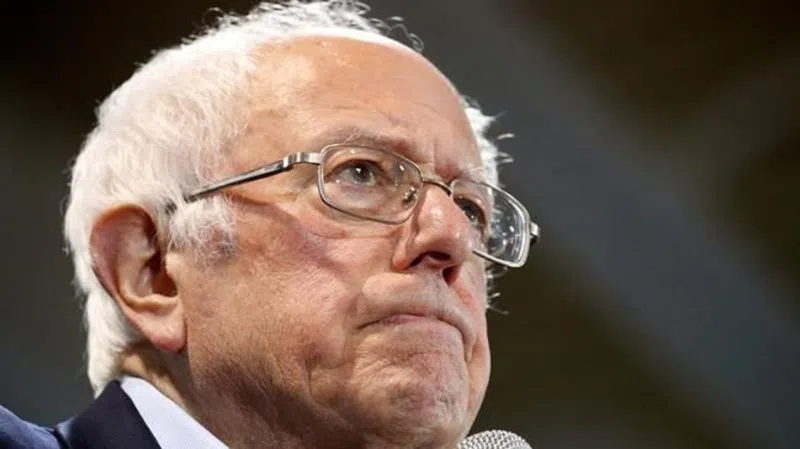
Biden fights for momentum in Democrats’ shifting primary
SELMA, Ala. — An emboldened Joe Biden tried to cast himself as the clear moderate alternative to progressive Bernie Sanders on Sunday as the Democrats’ shrinking presidential field raced toward Super Tuesday.
One of Biden’s leading moderate rivals, former South Bend, Indiana, mayor Pete Buttigieg, dropped out of the campaign just 24 hours after Biden scored a resounding victory in South Carolina, his first of the 2020 rollercoaster nomination fight.
While other rivals appeared undeterred, Biden pressed his case during a round of national television interviews that reflected a stark reality a day after his resounding primary victory in South Carolina: The former vice-president was forced to rely upon free media coverage because he was understaffed, underfunded and almost out of time as he fought to transform his sole win into a national movement.
Biden vowed to improve his campaign operation, his fundraising haul — and even his own performance — in an interview on ABC’s “This Week.” He warned of a “stark choice” between him and Sanders, while making the case he was the candidate who could win up and down the ballot and in states beyond those voting next week.
